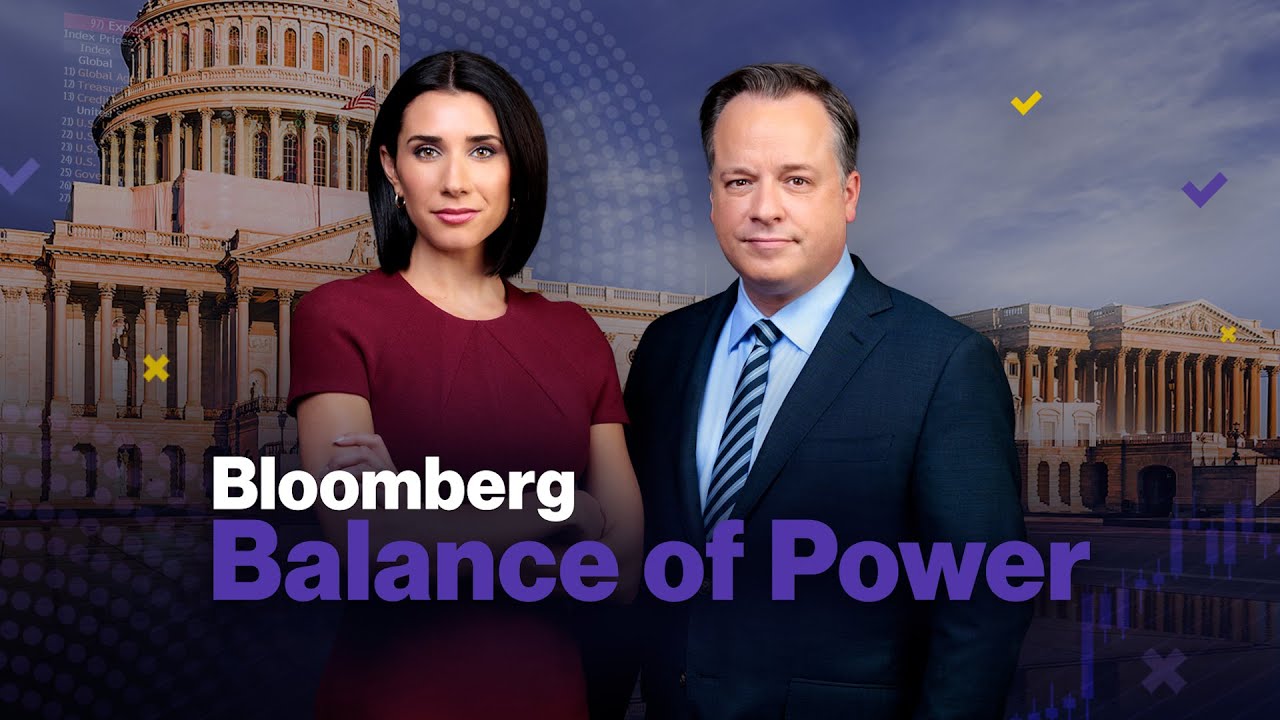Former President Donald Trump unveiled an AI action plan at a Washington summit focused on deregulation and infrastructure development to maintain U.S. leadership in AI, while the video also covered major tech earnings, trade negotiations, political updates, and ongoing controversies related to Jeffrey Epstein. Experts offered mixed reactions to the AI strategy and trade policies, highlighting the complex interplay of technology, politics, and economics shaping America’s future in the global AI and trade arenas.
The video covers a live event in Washington, D.C., where former President Donald Trump delivers a keynote address at an AI summit, unveiling his administration’s AI action plan. The plan emphasizes cutting red tape and loosening regulations to accelerate AI infrastructure development, particularly focusing on energy access to support AI growth. Trump highlights the importance of America maintaining its leadership in AI technology, stressing the need for common-sense federal regulations to avoid a patchwork of state laws that could hinder innovation. He also addresses the necessity of protecting intellectual property while allowing AI systems access to vast pools of knowledge without cumbersome licensing issues.
Alongside the AI summit coverage, the video discusses major earnings reports from tech giants like Alphabet and Tesla. Alphabet shows strong revenue growth driven by AI integration across its business, leading to increased capital expenditure for 2025. Tesla, however, reports a revenue decline and misses Wall Street expectations, though its stock remains resilient due to investor confidence in Elon Musk’s vision for robotics and humanoid AI. The broader economic context includes ongoing trade negotiations, with Trump celebrating a new trade framework with Japan and progress toward a deal with the European Union, which could involve tariff adjustments benefiting American businesses.
The video also touches on political developments, including Congressman Mike Lawler’s decision to seek reelection rather than run for New York governor, citing his effectiveness in Congress and the importance of maintaining Republican control. Lawler criticizes the current Democratic leadership in New York and emphasizes his focus on issues like tax relief, education, and public safety. Additionally, discussions around the legislative agenda highlight challenges in passing a second reconciliation package and the imperative to avoid a government shutdown by prioritizing bipartisan budget agreements.
A significant portion of the coverage addresses the controversy surrounding Jeffrey Epstein, with reports that Trump’s name appears in Epstein’s files, though no wrongdoing is implied. The House Oversight Committee’s subpoena of Ghislaine Maxwell and upcoming depositions keep the issue in the spotlight, with political figures debating the credibility and implications of the testimonies. The discussion underscores the tension between political maneuvering and the pursuit of justice for Epstein’s victims, reflecting broader concerns about transparency and accountability.
Experts and commentators provide varied perspectives on the AI action plan and trade policies. Some express concern over the administration’s deregulatory approach to AI, fearing it may compromise security and ethical standards, while others see potential in the focus on infrastructure and global competitiveness. Trade analysts note the strategic use of tariffs as leverage in negotiations, with mixed views on the long-term economic impact. Overall, the video presents a multifaceted view of the intersection between technology, politics, and economics as the U.S. navigates its role in the evolving AI landscape and global trade environment.
